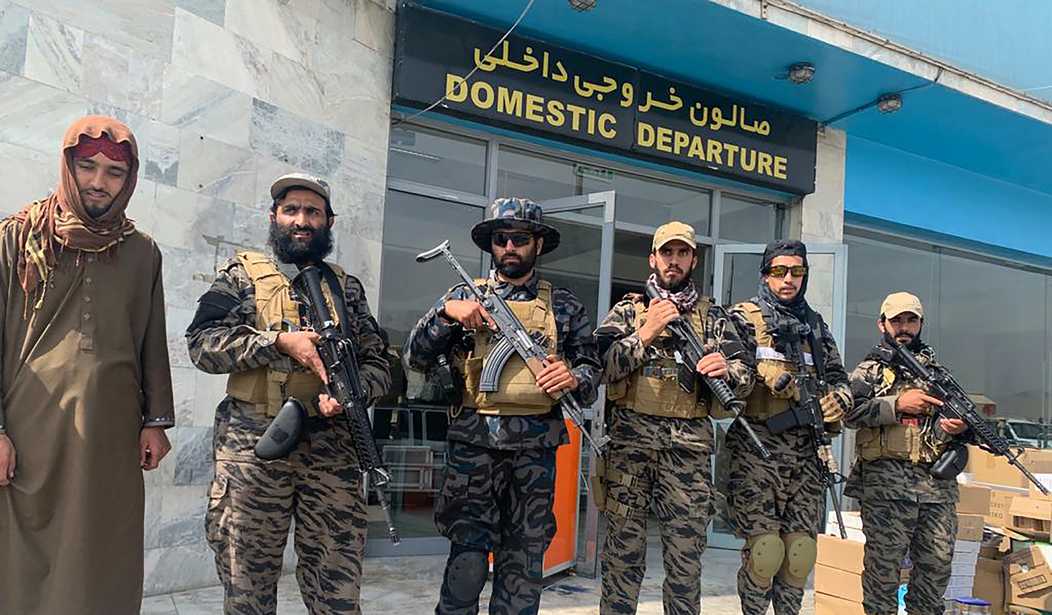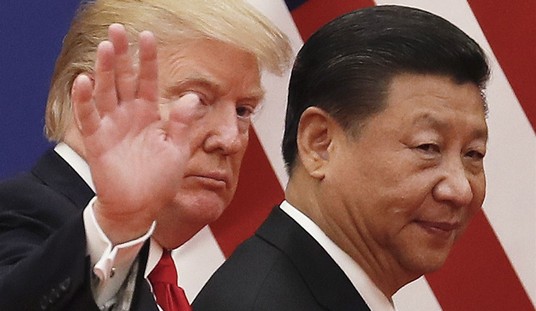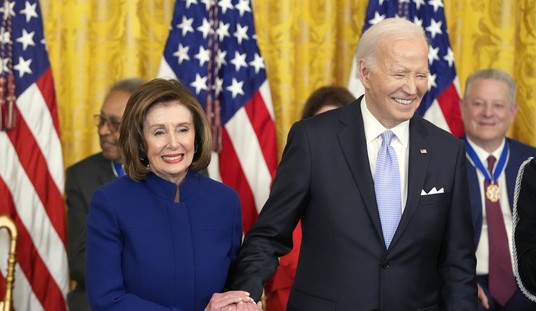The Biden administration has done a fantastic job of minimizing and covering up the numerous mistakes and errors in judgment that were made in September 2021 when U.S. forces chaotically withdrew from Afghanistan. Now, the two generals most responsible for the debacle will have to detail the sequence of events that led to the withdrawal.
Gen. Kenneth McKenzie, the head of U.S. Central Command during the withdrawal, and Gen. Mark Milley, the then-chairman of the Joint Chiefs of Staff, will testify before the House Foreign Affairs Committee on Tuesday. Republicans will try to tie Biden as tightly as possible to the chaos of the withdrawal and answer questions about why so many Americans were left behind.
Democrats will try to make the hearing about Trump's actions in inking a deal with the Taliban to withdraw American troops that Biden says put him in a corner. But the fact is, both Milley and McKenzie, along with the Joint Chiefs of Staff, recommended against a full withdrawal from Afghanistan in 2021, but Biden ignored their advice.
Some key questions to be discussed will be the closure of Bagram Air Base, which forced the U.S. to rely on the Taliban for security at the Kabul International Airport, and leaving behind around $7 billion in military equipment. The lack of security at the airport led to the ISIS suicide bombing that killed 13 service members.
During a hearing in February, McCaul accused leaders at the White House and the State Department of having “stuck their heads in the sand” as it became increasingly clear that Afghanistan’s fall was imminent. Taliban fighters had overrun numerous cities and districts on their march to Kabul, facing nominal resistance from the Afghan security forces trained and subsidized by the U.S. government over 20 years.
Milley, the former chairman of the Joint Chiefs of Staff, is expected to discuss the timing for shuttering the U.S. Embassy in Afghanistan, a key tipping point in the crisis, said a person familiar with his thinking. A U.S. military investigation released in 2022 exposed profound frustration among numerous defense officials who detailed what they deemed a lack of urgency within the State Department despite clear evidence that security was crumbling.
Related: Gambia Looks to Revoke the Ban on Female Genital Mutilation
Democrats on the Committee will attempt to run interference for Biden by detailing the deal that led to the withdrawal. But the fact is, the withdrawal didn't have to happen precipitously. It could have been far more orderly. Indeed, the Taliban takeover, which began in May 2021 with an offensive across three provinces, didn't alarm U.S. intelligence, who were still predicting the Afghan government would last another six to 12 months.
But in rapid succession, the closure of Bagram Air Base and the collapse of the U.S.-trained Afghan army sealed the nation's fate. There was nothing in Trump's deal with the Taliban that would have prevented the U.S. from giving air support to the Afghan military as they tried to fight off the Taliban. But Biden forbade it. By that time, the end was inevitable.
Trump could have negotiated a better deal, but it wasn't the agreement with the Taliban that led to the chaos at Kabul airport. It was the incompetence of the civilian command in the White House and the State Department that doomed those 13 soldiers and led to the shameful bugout from Afghanistan.










Join the conversation as a VIP Member